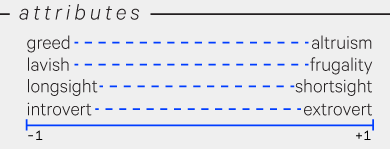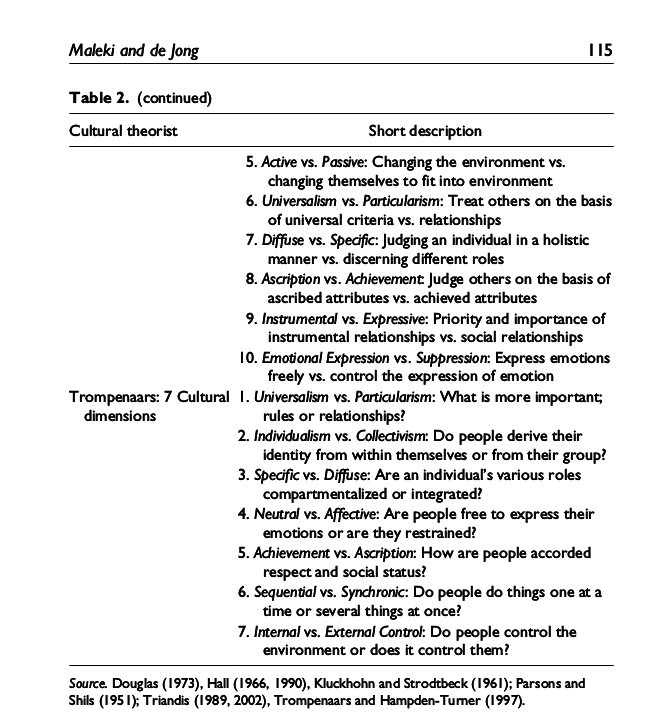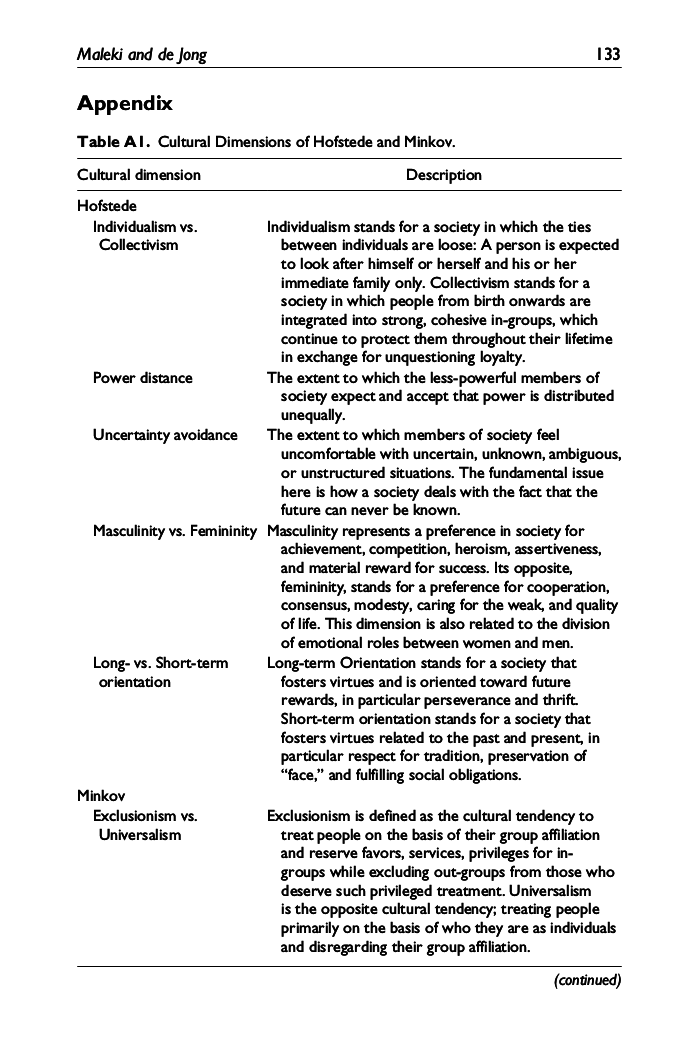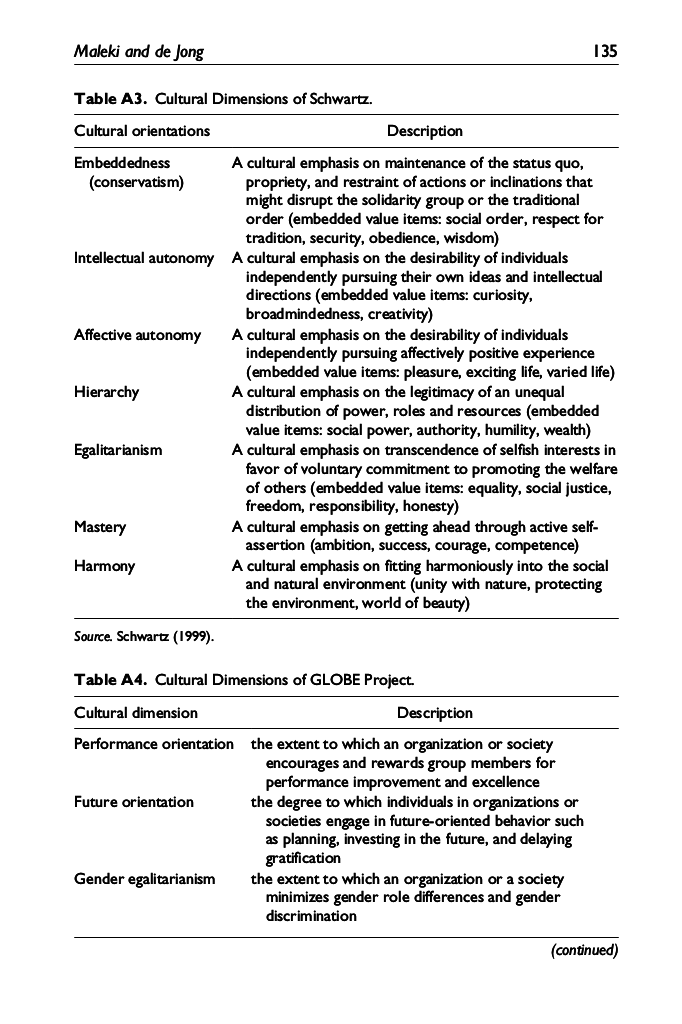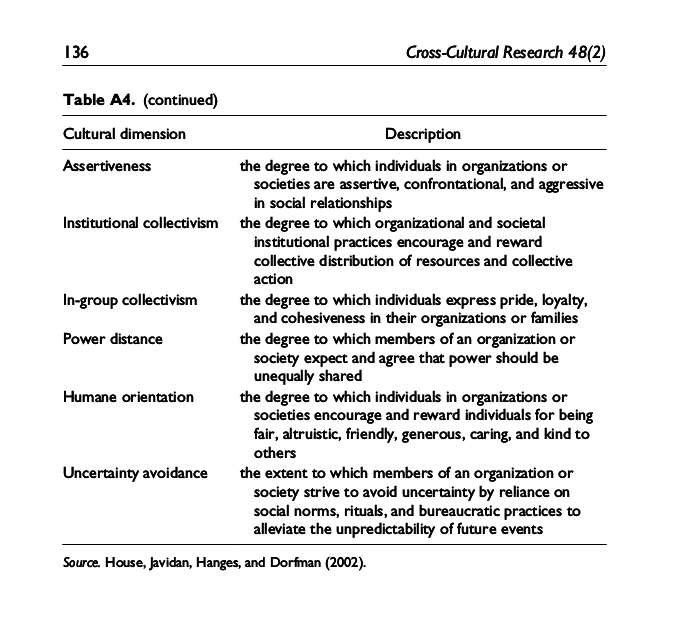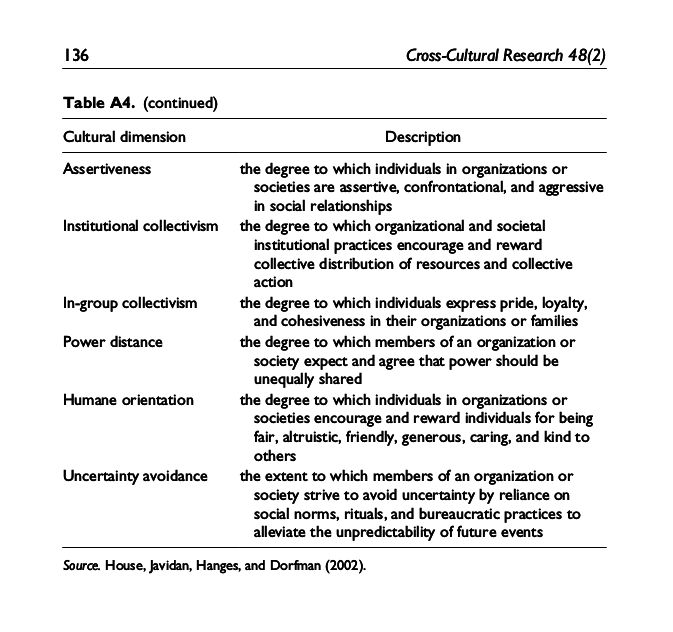Social Simulation Components: Cultural Values
The agents in syd will need to be parameterized in some way that meaningfully affects their behavior. Another way to put this is that the agents need some values that guide their actions. In Humans of Simulated New York Fei and I defined individuals along the axes of greed vs altruism, lavishness vs frugality, long-sightedness vs short-sightedness, and introversion vs extroversion. The exact configuration of these values are what made an agent an individual: a lavish agent would spend more of their money, an extroverted agent would have a larger network of friends (which consequently made finding a job easier), greedy agents would pay their employees less, and so on.
The dimensions we used aren’t totally comprehensive. There are many aspects of human behavior that they don’t encapsulate. Fortunately there is quite a bit of past work to build on - there have been many past attempts to inventory a value spectrums that defines and distinguishs cultures. The paper A Proposal for Clustering the Dimensions of National Culture (Maleki, A., de Jong, M, 2014) neatly catalogues these previous efforts and proposes their own measurements as well.
The authors propose the following cultural dimensions:
- individualism vs collectivism
- power distance: “the extent to which hierarchical relations and position-related roles are accepted”
- uncertainty avoidance: “to what extent people feel uncomfortable with certain, unknown, or unstructured situations”
- mastery vs harmony: “competitiveness, achievement, and self-assertion versus consensus, equity, and harmony”
- traditionalism vs secularism: “religiosity, self-stability, feelings of pride and, consistency between emotion felt and their expression vs secular orientation and flexibility”
- indulgence vs restraint: “the extent to which gratification of desires and feelings is free or restrained”
- assertiveness vs tenderness: “being assertive and aggressive versus kind and tender in social relationships”
- gender egalitarianism
- collaborativeness: “the spirit of ‘team-work’”
We can (imprecisely) map the dimensions we used in HOSNY to these:
- greed vs altruism -> individualism vs collectivism and collaborativeness
- lavishness vs frugality -> indulgence vs restraint
- long-sightedness vs short-sightedness -> indulgence vs restraint
- introversion vs extroversion -> assertiveness vs tenderness (?)
It doesn’t feel very exact though.
All of the previously defined dimensions are worth a look too:
